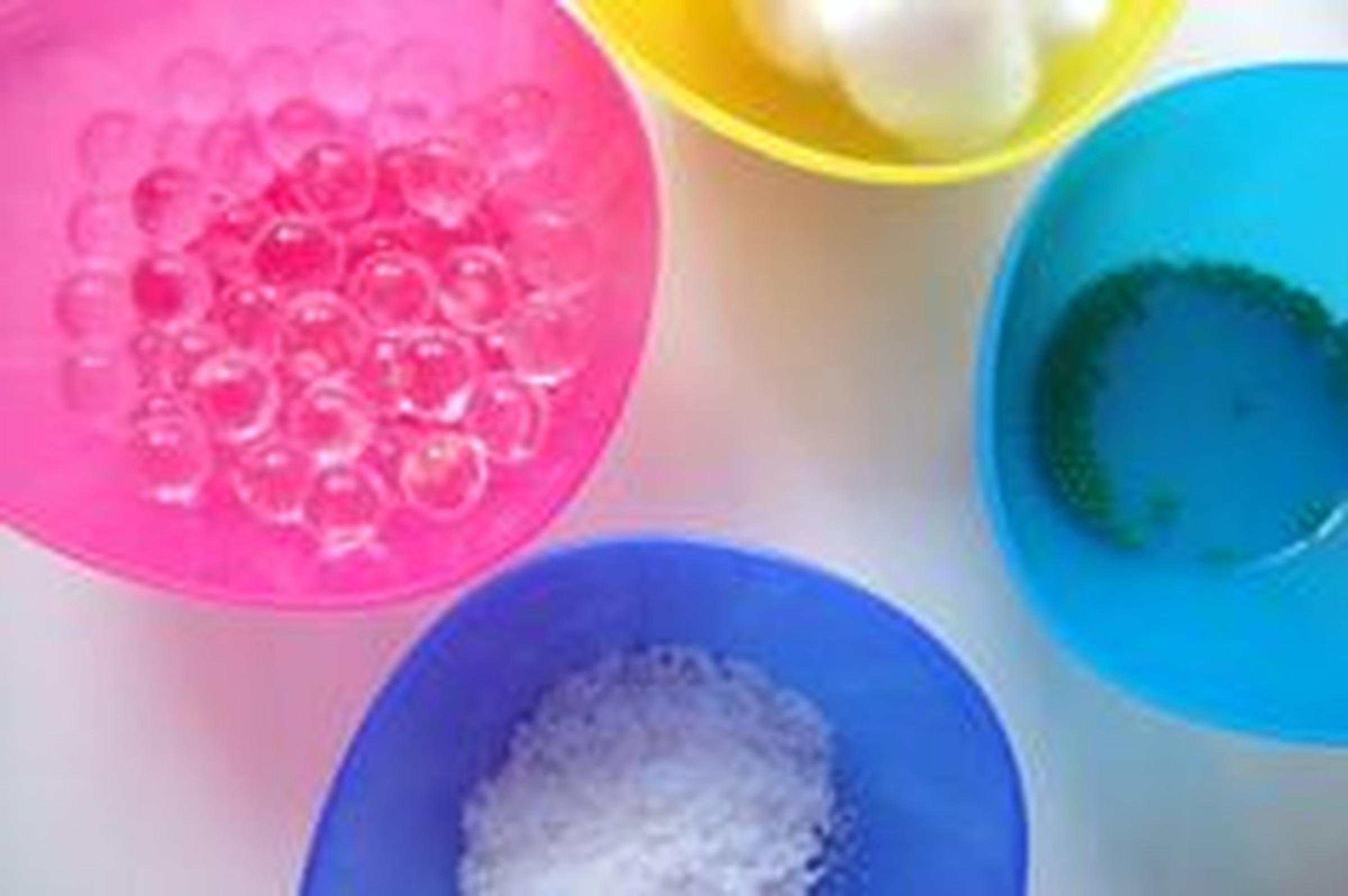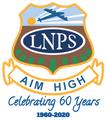Science

Early Years Science
Hi Everyone
My name is Andrew Morris and I would like to take this opportunity to introduce myself to the Lockleys North Primary school community. I will be teaching science to the junior primary students this year in Room LA21 (Music Room). I have very much enjoyed my first week at the school and am sure that the learning journey for the students in 2015 will be a very successful one
The Australian Curriculum: Science is developed around three strands:
· Science Understandings (Chemical science, Physical science, Earth and Space science and Biological science).
· Science Inquiry Skills
· Science as a Human Endeavour.
The Science as a Human Endeavour (SHE) strand is particularly significant as it aims to make the learning relevant to students’ daily lives.
In reception SHE focuses on the concept of exploring the world through the senses. In term one the students will be studying chemical science.
The Reception science understanding is:
· objects are made of materials that have observable properties.
In Years one and two SHE requires students to ask questions about, and describe changes in, objects and events, and to understand that people use science in their daily lives, including when caring for their environment and living things.
Year one science understanding is:
· everyday materials can be physically changed in a variety of ways
and for Year two:
· different materials can be combined, including by mixing, for a particular purpose.
Some things you might do at home to support your child’s learning are suggested below.
Ask your children:
· What does food look, taste, smell, feel and (sometimes) sound like? What is it like before and after cooking? (Making jelly or cakes would be a useful activity.)
· Why are clothes made out of particular fabrics? (hats, raincoats, shoes etc.)
· What do you add to the washing and why?
· Why are windows made of glass? What else could you use? What is the rest of the car, house made of? Why?
If you are gardening, cooking, going for a walk or engaging in other family activities encourage the children to ask questions about the materials they see around them, especially why questions, and to look for examples of where science has an effect on our live.
Andrew Morris
Early Years Science Teacher
